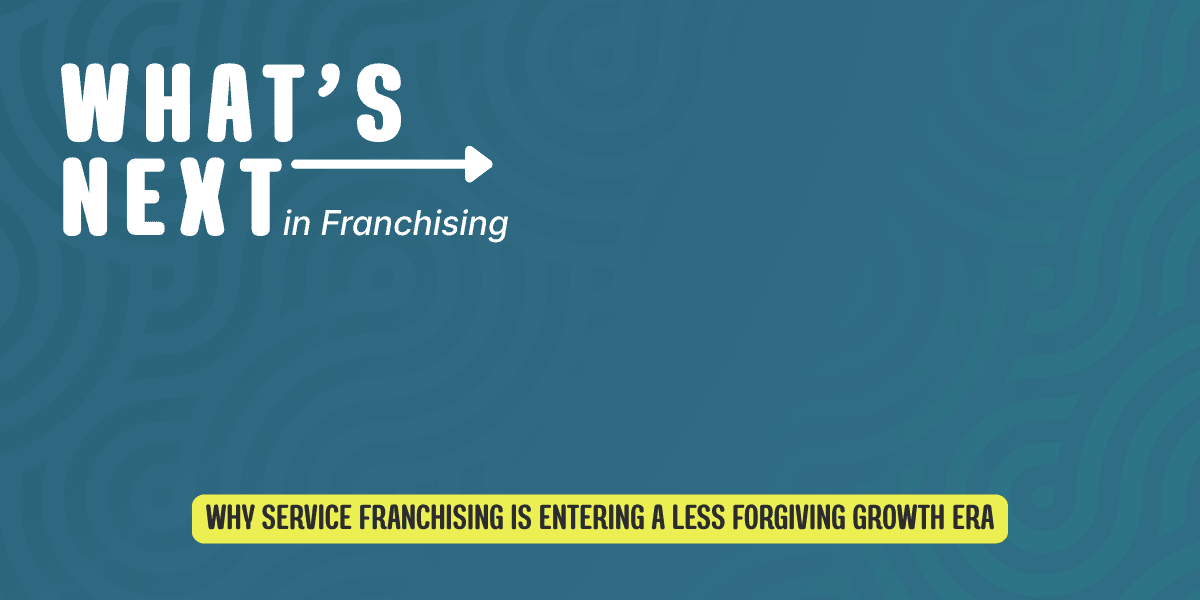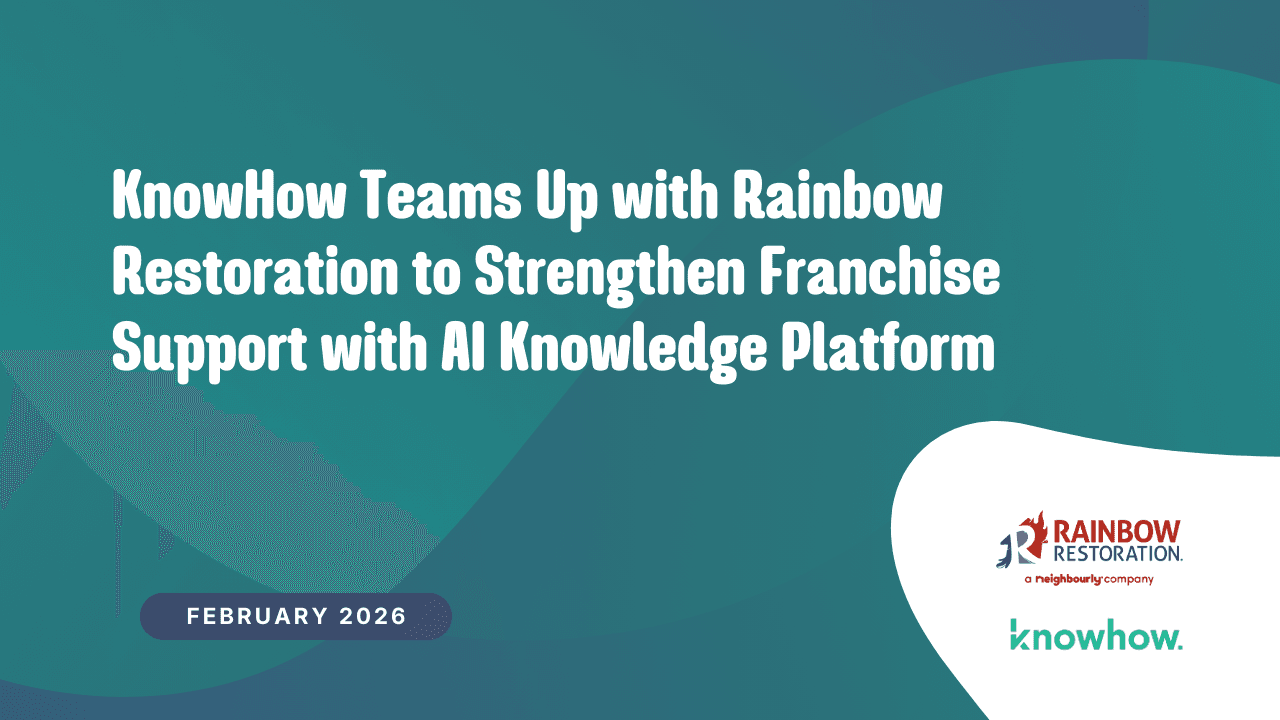How to Build a Culture of Empathy That Retains Restoration Employees



Worker turnover in the restoration industry has reached unprecedented levels, making it more important than ever for companies to focus on creating a strong team culture that not only attracts but also retains top talent. In our book "Why Workers Quit," we interviewed 400 workers in the restoration industry and discovered that Millennial and Gen Z workers are motivated by workplaces with strong team cultures, and they care deeply about how their general managers relate to them. One leader who has figured out how to build and grow a company that cares deeply about its employees is Mike Mooney, General Manager at Disaster Response.
In a tough, callous industry, Mike Mooney has managed to help build a restoration company with heart. By prioritizing empathy and compassion, Disaster Response has created a work environment that not only attracts top talent but also ensures their long-term success and satisfaction. We were fortunate enough to sit down with Mike on a recent episode of The Restoration Playbook Podcast. Over the course of our 20 minute interview, we dove deep into the strategies and approaches used by Mike Mooney and Disaster Response to create a workplace culture that stands out in the restoration industry and bucks worker tenure trends.
Paying It Forward
One standout moment in Mike Mooney's career was when he experienced the power of empathy and care from Disaster Response firsthand during a challenging period of his life. Hospitalized for a month and unable to work for three months, Mike could have easily become a casualty of the industry's turnover trend. However, Disaster Response stepped up to take care of him, despite his relatively short tenure at the company. This experience had a profound impact on Mike's loyalty to the organization, and it has inspired him to incorporate the same level of care and empathy into his approach to managing his own team.
As a result, Mike's leadership at Disaster Response reflects the importance of supporting employees through personal challenges. In doing so, the company creates an environment where employees feel valued and cared for, not just as workers, but as humans. This ultimately leads to increased job satisfaction and commitment to the organization. As we discovered in "Why Workers Quit," this approach is particularly effective among younger generations who prioritize connection with others.
How to Lead with Heart
Building a strong team culture is at the heart of Mike Mooney's approach to leadership at Disaster Response. By fostering open communication and empowering employees to take ownership of their roles, he‘s helped create a work environment where staff can thrive both personally and professionally. This sense of belonging and connection is crucial in retaining employees and ultimately contributes to the company's success.
One of the key aspects of fostering a strong team culture is making sure that employees feel heard and respected. Mike emphasized the importance of holding regular meetings where staff can share their thoughts and concerns openly. These meetings not only promote trust and collaboration but also provide a platform for employees to voice their opinions and contribute to the decision-making process.
Equally important to setting employees up for success and ensuring they feel like a part of the team is through a comprehensive onboarding process. He explained how Disaster Response ensures new hires receive the necessary training, resources, and support from the very beginning. This thorough onboarding process helps employees feel confident in their roles and lays the foundation for increased job satisfaction and long-term commitment to the organization.
Moreover, Mike mentioned the importance of recognizing and celebrating employee achievements. By acknowledging the hard work and dedication of team members, Disaster Response fosters a sense of pride and motivation within the company. This recognition, whether through informal shout-outs or more formal awards, helps to inspire loyalty and commitment among staff members.
Advice for Growing Restoration Companies
Creating a thriving and successful restoration company that retains employees requires more than just industry expertise; it also requires strong leadership skills and a commitment to fostering a positive workplace culture. Based on Mike Mooney's experience at Disaster Response and the key findings from "Why Workers Quit," here are some quick takeaways for restoration leaders looking to build and maintain a team of passionate, loyal, and dedicated employees in a volatile industry.
Prioritize personal and professional development: Invest in leadership development programs, workshops, and conferences to refine your leadership skills and stay up-to-date with industry trends. Be open to learning and growing, and encourage your team to do the same.
Define and promote your company's core values: Clearly establish what your organization stands for, and ensure that your team understands and embraces these values. These core values will serve as the foundation for your company culture and guide your team's actions and decisions. Make sure your values are reflected in your company's policies, practices, and communication.
Empower your team: Delegate responsibilities, trust your employees to make decisions, and provide them with the necessary resources and support to succeed. By showing trust in your team, you are fostering a sense of ownership and accountability, which leads to increased job satisfaction and commitment to the company.
Foster open communication: Encourage your team members to share their thoughts, concerns, and ideas without fear of judgment. Regularly hold team meetings and create an environment where employees feel comfortable discussing challenges and potential solutions.
Recognize and celebrate achievements: Acknowledge your team's hard work and dedication, both individually and collectively. Celebrate successes and milestones, and show appreciation for their contributions to the company's growth and success.
By implementing these strategies and maintaining a strong focus on empathy and compassion, restoration leaders can create a workplace culture that attracts top talent and retains employees even in an industry with high turnover rates.
Caring in a Callous Industry
Mike Mooney’s story proves it: people are loyal to organizations that genuinely care for them. By focusing on building a strong team culture, fostering open communication, and providing ongoing support, restoration leaders can drive employee satisfaction and loyalty, setting their company up for sustained success.
To hear more about Mike's insights and experiences at Disaster Response, you can listen to the full episode of The Restoration Playbook Podcast. The conversation is packed with valuable takeaways on how to build and maintain a thriving restoration company that genuinely cares for its employees.
Want to be the first to know when a new episode drops? Register here to stay updated on future episodes and learn from the industry’s biggest and best operators how to build a playbook for success.









